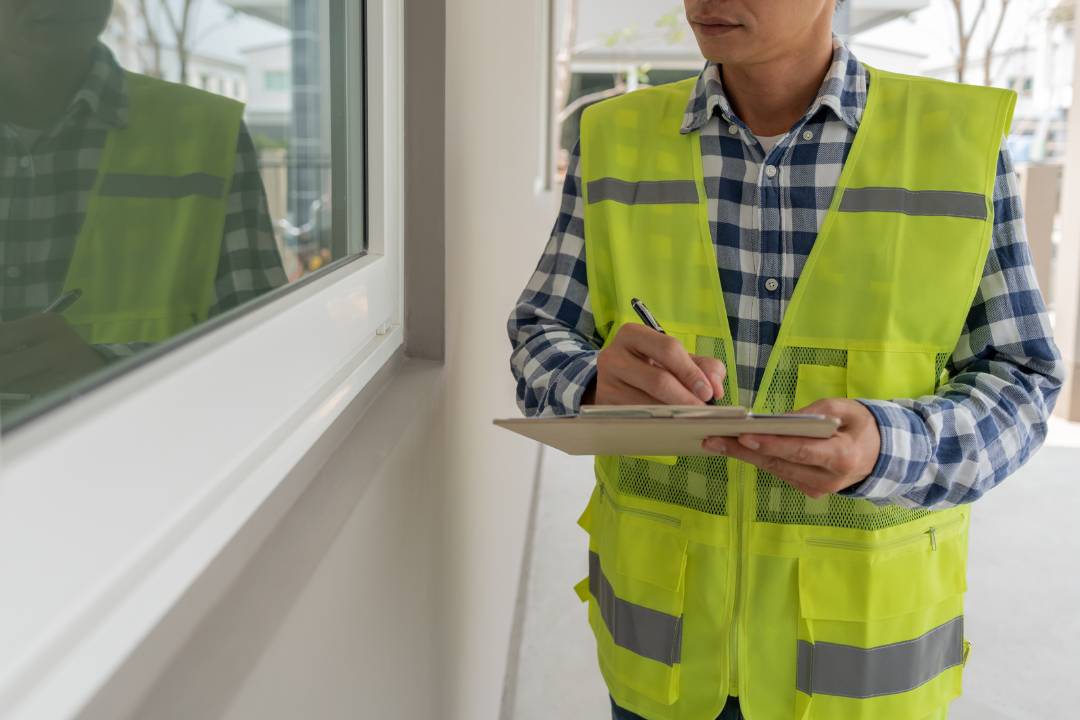When you’re considering purchasing a property, conducting a thorough property inspection is of utmost importance. This meticulous process involves a comprehensive evaluation of the property’s condition, examining every nook and cranny to ensure that you have a clear understanding of its true state. By investing time and effort into a detailed inspection, you can uncover any hidden issues or potential pitfalls that may require costly repairs down the line, ultimately saving you from unexpected financial burdens and ensuring peace of mind for the future.
A property inspection involves taking a detailed look at every part of a property, from the exterior walls to the interior rooms, and from the kitchen to the attic. It’s a necessary step to ensure you’re investing wisely and not buying a property that could become a money pit.
The Exterior
Start by examining the exterior of the building. Look at the condition of the roof; check for any signs of damage or aging. Pay attention to the drainage and grading to ensure water flows away from the property. Also, inspect the driveway, walkways, and exterior walls for any cracks or signs of damage.
- Roof Condition – Serving as the first line of defense against external elements, demands focused examination. Look for indications of deterioration, such as missing shingles, sagging areas, or accumulated moss, which could signify potential leaks or damage.
- Drainage and Grading – The property’s drainage and grading system is another crucial area to inspect. Proper grading ensures that water is directed away from the foundation of the property, preventing potential water damage. An ineffective drainage system could lead to serious issues like flooding and soil erosion. Similarly, the exterior walls should be inspected meticulously.
- Exterior Walls Cracks or Damage – Cracks or damage to the exterior walls could compromise the structural integrity of the property and lead to costly repairs.
- Driveway and Walkway Condition – Evaluate the condition of the driveway and walkways. Look for cracks, potholes, or other signs of wear and tear. These may not only affect the property’s curb appeal but also pose potential safety hazards.
The Interior
When inspecting the interior, closely observe the walls, floors, and ceilings for good condition and the absence of cracks, dents, or visible damage. Thoroughly test the plumbing system for leaks or signs of water damage indicating underlying issues. Carefully examine the electrical systems, including outlets, lights, and circuit breakers, to ensure proper functionality and no safety hazards. Lastly, inspect windows and doors for insulation and smooth operation.
The Kitchen
In the kitchen, thoroughly test all appliances to ensure they are working properly. Check the plumbing system for leaks or signs of wear. Verify that all outlets function correctly and there are no faulty wiring issues. Examine countertops and cabinets for any damage that may need attention, such as cracks, chips, or warping.
The Bathroom
Inspect the bathroom carefully for water damage. Look for signs of leakage, poor ventilation, and mold growth. Test plumbing fixtures (sink, toilet, shower) for functionality and any clogs or leaks. Also, check the condition of grout and caulking, which may require replacement over time.
The Heating and Cooling System
Thoroughly inspect the furnace and air conditioning systems, crucial for a comfortable living environment. Look for signs of wear like rust or unusual noises. Clean or replace filters and vents as needed. Also, check the water heater for leaks or malfunctions.
The Basement and Attic
When inspecting the basement and attic, watch for signs of water damage or leakage. These areas are vulnerable. Look for musty smells or visible mold growth, as they may indicate moisture issues. Also, ensure proper insulation in both areas to conserve energy and prevent temperature fluctuations throughout the house.
Always remember that a thorough property inspection is crucial before purchasing a property. This allows you to uncover potential issues that might become costly repairs in the future. If you have any questions or need assistance with property inspections, don’t hesitate to reach out to a real estate professional.


